Mondays
Lost Chicago
Programmed by Raphael Martinez
"Chicago is not the most corrupt American city. It's the most theatrically corrupt." --Studs Terkel
From the White City to the fiefdom of Boss Daley. From the hog butcher to the world to the city of Obama, Chicago has never stopped evolving, never slowed its pace.
Always building.
Always breaking.
Always changing.
While the eye of the film director is focused on the art of the movie and the narrative of the story, the camera lens itself holds no such sentiment. And it's with this detached ambivalence that the narrative fictional film becomes a document of a time gone by.
The films in this series are not just stories about Chicago. All filmed in the city between the era of post-WWII suburban white flight and the historic peak of the city's violence during the 1990s urban blight, these films are also physical memories of a lost Chicago. Our collective past, plucked from the air and forever captured on celluloid.
In these films we see where we lived, how we lived. We see how our streets and neighborhoods have changed. Some for the better, some for the worse.
All for the inevitable.
Whether it's a crime thriller, a musical, or a horror film, the lost city of Chicago always steals the scene. Its soul and spirit never playing a supporting role.
Its work ethic is its grace. Its cold ugliness, its beauty. Its theatrical corruption, its charm.
You may well find lovelier movies, but never movies so real.
1/6/2020 @ 7:00 PM
Call Northside 777
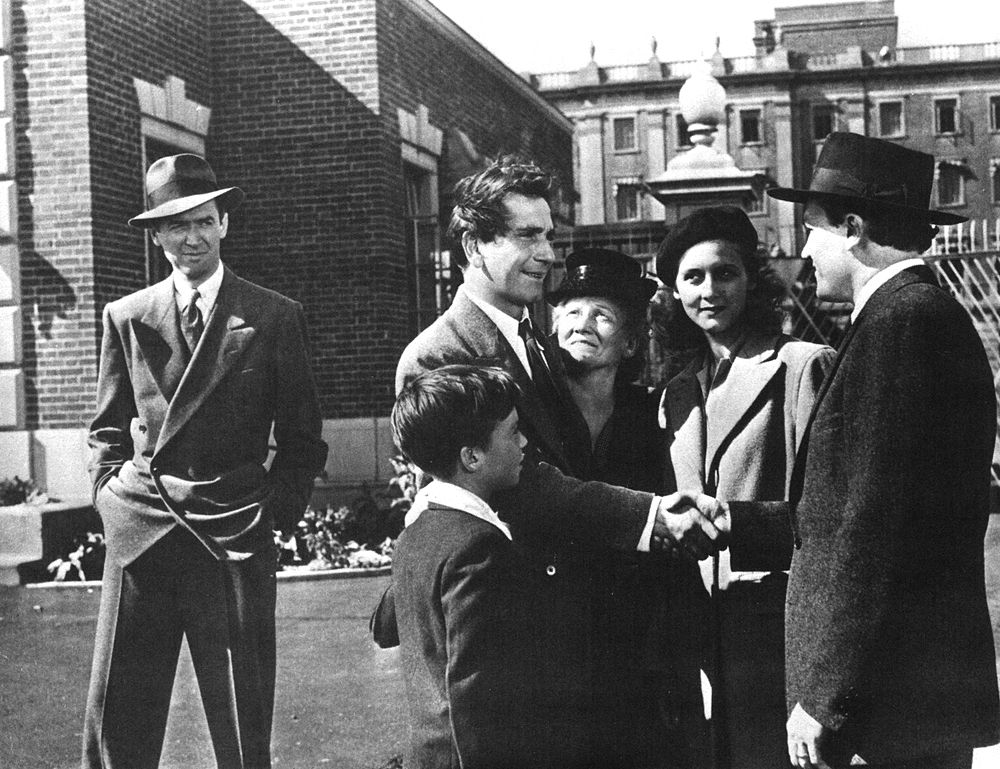
(Henry Hathaway, 1948) · Eleven years after a man is convicted of killing a cop under suspicious circumstances, his mother takes out an ad looking for more information. Jimmy Stewart plays the reporter assigned to investigate. This crime thriller was the first major Hollywood movie filmed in Chicago. Neighborhoods such as Back of the Yards and Noble Square, since sanitized by urban renewal, are seen in former blue-collar glory. One of the oldest cinematic time capsules of Chicago, the film portrays not only a captivating story but also a living history of a city.
runtime: 112m format: Digital
1/13/2020 @ 7:00 PM
Mickey One
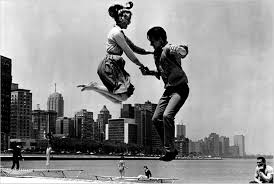
(Arthur Penn, 1965) · Warren Beatty is a comedian in debt. Fearful of being found out, he takes on a fake name and moves to Chicago. As his career heats up, he finds himself growing all the more paranoid that the mob is on to him. Influenced by the French New Wave, and with a soundtrack by jazz legend Stan Getz, this movie immortalizes a night-time Chicago of paranoia and desperation in areas long since made comfortable and clean.
runtime: 93m format: 35mm
1/20/2020 @ 7:00 PM
Selma
(Ava DuVernay, 2014) · Ava DuVernay's passionate yet measured drama captures a tinderbox chapter in the sweep of Dr. Martin Luther King, Jr.'s life--his 1965 campaign of civil disobedience, meant to expedite the passage of equal voting rights in the face of political opposition. Imbuing the period's backroom maneuvers with a close intensity that raises the stakes of even the most minute of gestures, Selma is careful to both genealogize change and reveal how sorely needed it still is.
runtime: 128m format: DCP
1/27/2020 @ 7:00 PM
Looking For Mr. Goodbar
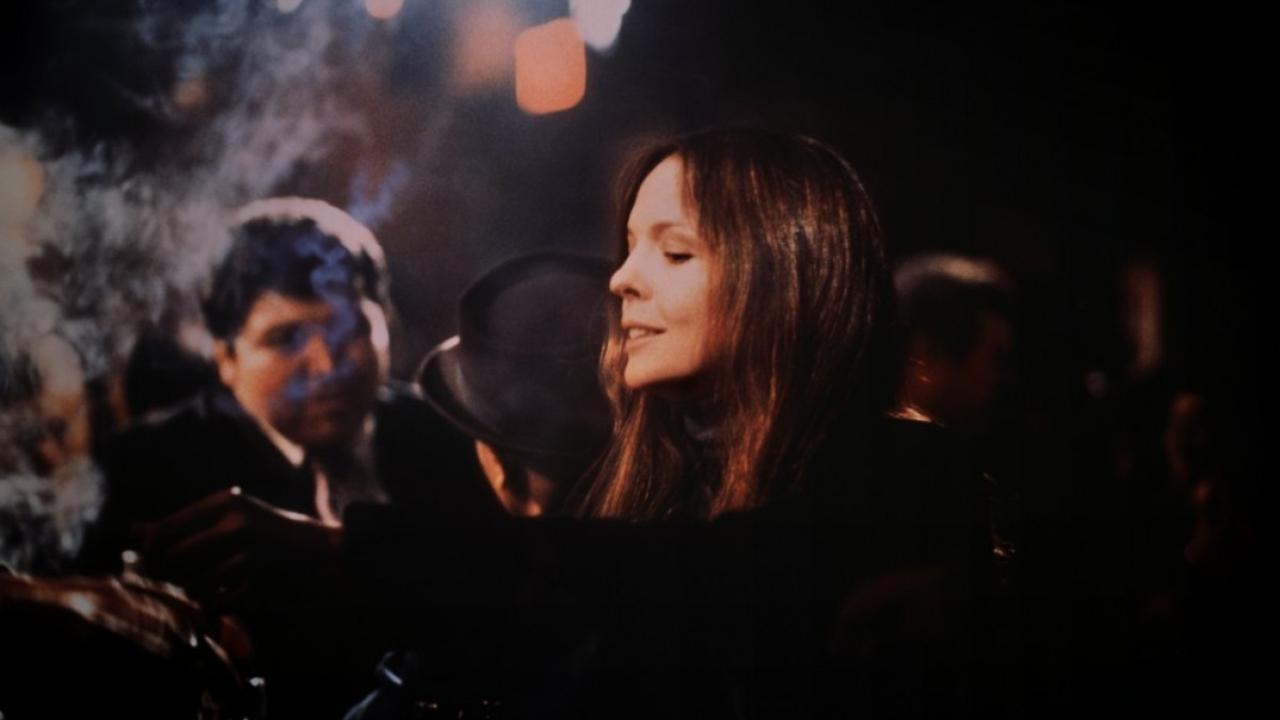
(Richard Brooks, 1977) · A repressed Catholic teacher explores the more dangerous sides of Chicago nightlife. Filmed in what was once the epicenter of the city's bar and club scene, Rush Street, this movie shows a woman exploring her fantasies and sexuality in ways that spiral further and further out of her control. Through a vivid portrayal of danger and the unknown, Looking for Mr. Goodbar documents a woman's journey into her own desire. Controversial upon its release, the film manages to remain just as shocking 40 years later.
runtime: 136m format: 35mm
2/3/2020 @ 7:00 PM
Thief
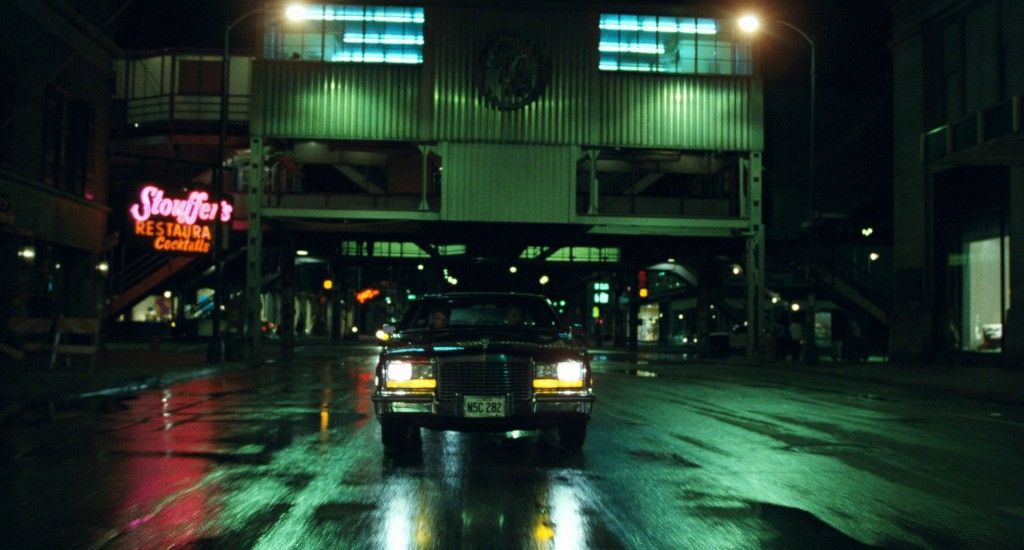
(Michael Mann, 1981) · A safe-cracker decides to go for one last big heist before retiring. Mann's directorial film debut manages to turn the nightscape of '80s Chicago into an alien world of neon noir. From the bluish-green tint of the city's old mercury vapor streetlights to the old expressway configurations, the Chicago of Thief is at once old and familiar and cold and foreign. Featuring a great electronic score by Tangerine Dream.
runtime: 123m format: Digital
2/10/2020 @ 7:00 PM
The Spook Who Sat by the Door
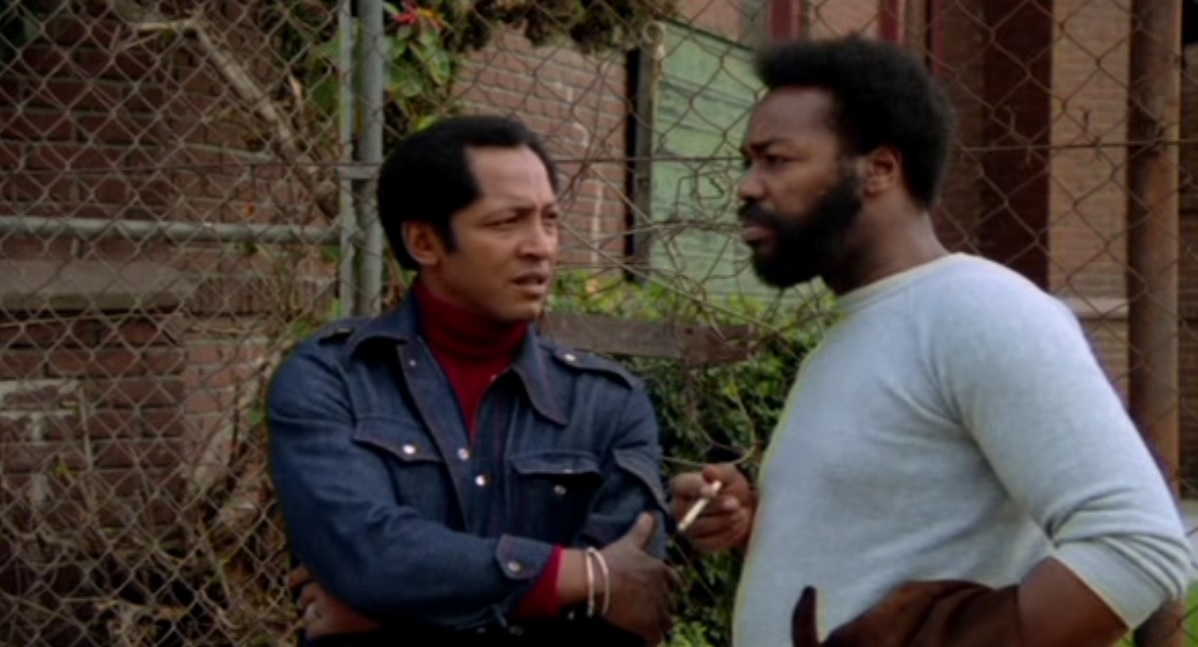
(Ivan Dixon, 1973) · An undercover black nationalist gets hired by the CIA to fill the role of the token minority and showcase integration. After his training, he leaves the agency in order to recruit and train young black men in Chicago to become urban guerillas. Though filmed mostly in Gary, Indiana due to Mayor Daley's personal distaste for the subject matter, the landscape of Chicago casts a strong shadow over the movie. Very much an overlooked gem in the canon of post-Watergate political thrillers.
runtime: 102m format: 35mm
2/17/2020 @ 7:00 PM
Medium Cool
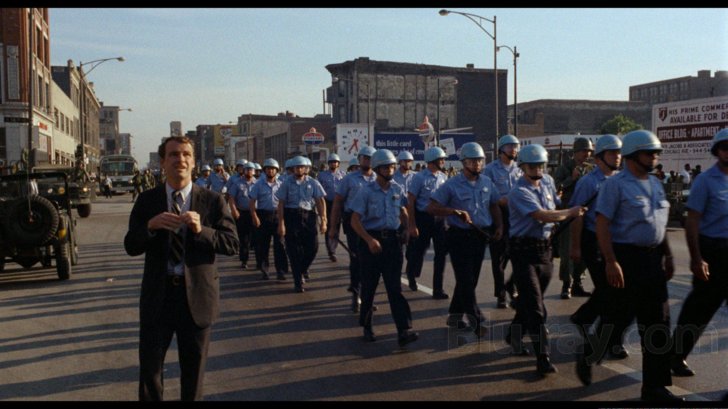
(Haskell Wexler, 1969) · Blending actual documentary footage of the riots surrounding the 1968 Democratic National Convention with a narrative cinema verite style, Academy Award-winning cinematographer Haskell Wexler directs this film about a nation in turmoil. A TV reporter who discovers that the station he works for has been collaborating with the FBI and has to decide whether to maintain his professional distance or fight the system. The film investigates a nation undergoing violent change, and how it navigates social unrest. Print courtesy of the Academy Film Archive
runtime: 111m format: 35mm
2/24/2020 @ 7:00 PM
Henry: Portrait of a Serial Killer
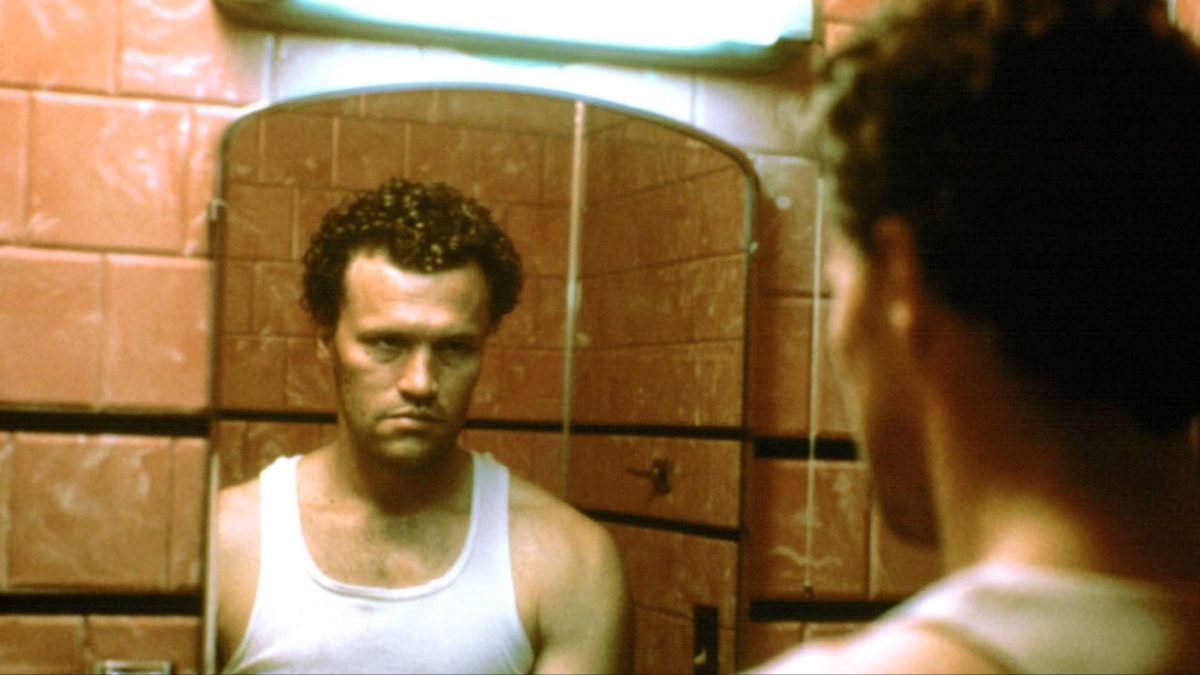
(John McNoughton, 1986) · Humorless, remorseless, with what Roger Ebert called “flat, unforgiving realism,” this film is a hauntingly impersonal exploration of the mind of a killer. It was so discomfiting that it was singlehandedly responsible for the creation of the NC-17 rating as the MPAA declared there was nothing the filmmakers could possibly cut in order to achieve an R rating. Filmed without permits across Chicago, Henry: Portrait of a Serial Killer explores the city in a disturbingly realistic way.
runtime: 83m format: 35mm
3/2/2020 @ 7:00 PM
Blues Brothers
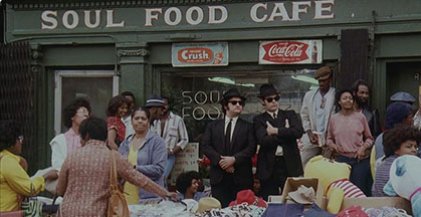
(John Landis, 1980) · The unofficial official film of Chicago. Freshly released from prison, Jake Blues reunites with his brother Elwood. Battling Nazis, the police, and occasionally each other, they reform their band on a mission from God to save an orphanage. From the South Side to the Northwest suburbs, the region’s changes over the past 40 years are made evident by this time capsule of a film. The film also features amazing musical performances by Aretha Franklin, Ray Charles, James Brown, John Lee Hooker, and Cab Calloway.
runtime: 133m format: 35mm
3/9/2020 @ 7:00 PM
Candyman
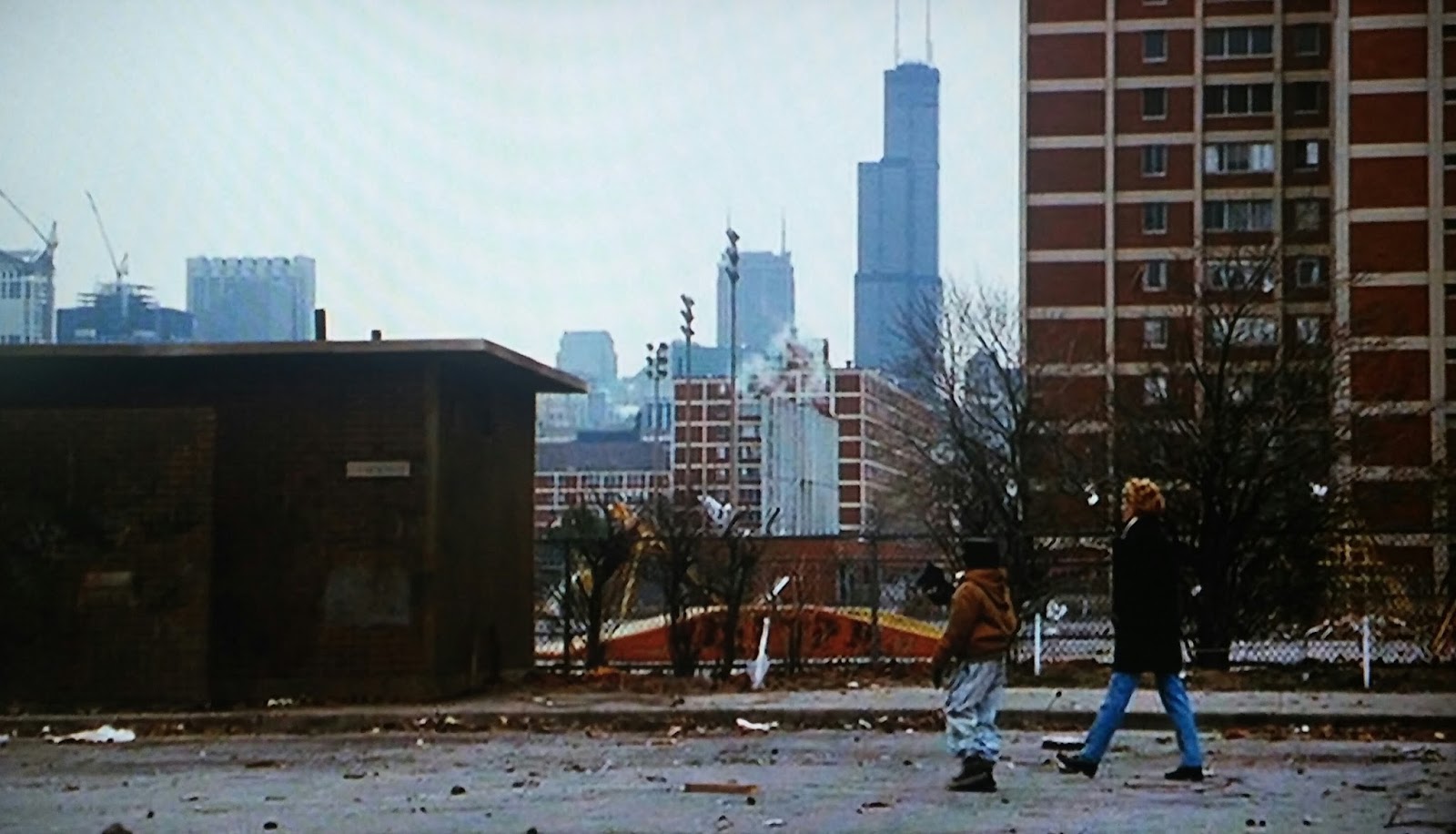
(Bernard Rose, 1992) · When a graduate student goes to study contemporary folklore in the dangerously violent Cabrini-Green housing projects of Chicago, a story that spans generations begins to frighteningly unfold. Based on a short story by Clive Barker, Candyman blends elements of Gothic romance with the slasher film for a truly original and unique take on the horror genre—one that stands, as much as the film's urban legends do, the test of time by engineering its frights around ideas more so than (or in tandem with) gore.
runtime: 99m format: 35mm



